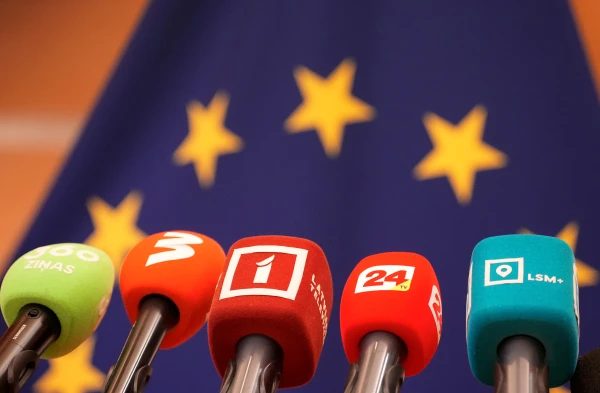
On Lāčplēsis Day, the country's government considered the Journalist and Other Media Professionals Safety Plan for 2025-27. Has the situation really become so complicated in the third decade of our stay in the European Union and NATO?
Thank You OSCE for Your Concern
From the very first lines of reading the document, it becomes clear, however, that this is not entirely a Latvian invention. According to the resolution of the Council of Ministers of the Organization for Security and Co-operation in Europe (OSCE), the participating countries "intend to create or enhance the collection, analysis, and reporting of attacks and violence against journalists." It is assumed that the journalists themselves will report the attacks.
If we are to believe the European Court of Human Rights, journalists are "the watchdogs of society." The legitimacy of the media profession is also recognized by the Organization for Economic Co-operation and Development – in the context of combating impunity for corruption.
"In the countries that are part of the OSCE, there are significant differences regarding the systematic collection and analysis of threats and attacks on journalists. In this regard, the OSCE Representative on Freedom of the Media recommends that member states establish a national-level institution or another mechanism."
Therefore, to create the latter, various legal entities came together in 2024, a list of which occupies 12 lines. Among the government institutions involved are the Ministry of the Interior and the Ministry of Culture. In addition to various associations and unions, there are also practicing media outlets, primarily electronic ones – LTV, Latvijas Radio, and TV3.
As stated in the national Plan: "Journalists are those who ensure public debates and inform society in democratic states, thereby helping to shape public opinion, and consequently influencing voters' choices at the polls. For this reason, it is important that access to the profession of journalist is not restricted in a democratic society, and journalists must be able to act independently of political and commercial interests."
Golden words! It’s just a pity that the choice of working language for the media in Latvia is now somewhat limited – since on LR-4 from January 1, there will no longer be a word in Russian… Well, this too is part of the concern for the safety of our media space...
The Costs of the Profession
A study by the Stradins University of Riga (RUS) notes "documented cases in Latvia where hostile speech, persecution, cyberbullying, including overt and unfounded criticism of journalists by various influential groups in society, opinion leaders, etc., name-calling, and threats have been directed against journalists."
According to RUS, "78% of respondents faced humiliating or hostile remarks, 24% experienced legal actions during their work, 12% faced terrorization and intimidation, 72% experienced public discrediting of their work, and 14% faced persecution. In Latvia, as in other countries around the world, attacks and threats are most often directed against investigative journalists. The analysis of attacks has revealed two main trends – personal threats to specific journalists and general humiliation of journalistic work and media."
Regarding the latter, it is worth noting a trend that was not mentioned in the plan: the phenomenon of social networks, which has become relevant in Latvia precisely in the last decade, blurs the very professional identity of the journalist. For in the same Twitter, opinions can be published by: the president of the state, a national media outlet, or an anonymous bully. And these will essentially be equivalent, equally formatted "tweets."
Thus, there is a significant devaluation of the very right to express opinions, as some social media maniacs can post dozens of reposts within a day, which is comparable or even exceeds the activity of traditional media. It is absolutely impossible to resist a Neanderthal with a Chinese smartphone, and as a result, for the ordinary consumer, a decent representative of the media becomes on the same level as such scavengers of the airwaves. Therefore, when people communicate with journalists in real life, they simply do not understand what it is about and why. For them, we have long been all "bloogers"...
We Complain, They Complain About Us
"Anonymous threats, the disclosure of journalists' personal data, and targeted disinformation attacks have become everyday problems for many journalists," the document states. "Journalists increasingly face systematic persecution. Persecution can manifest as prolonged surveillance, stalking, unauthorized dissemination of private data, receiving threats both in person and online. Particularly vulnerable groups include journalists from regional media, female journalists, journalists from Russian-language media, freelance journalists (self-employed), as well as journalists from Russia and Belarus who do not support military aggression and have found safe refuge in Latvia due to the changing and tense geopolitical situation.
Moreover, in Latvia, there are situations where law enforcement agencies (State Police, Prosecutor General's Office, and the judicial system) and state security bodies and media ethics overseers receive complaints from politicians and state structures against journalists, which may contain possibly false and unfounded claims."
Your author personally had to experience the unique ordeal of a three-year court process regarding an article about... a garage cooperative. The material was published in 2015, and since then there have been: an interrogation at the police, hearings in the district court, an appeal in the regional court. Ultimately, the lawsuit was dismissed in 2018.
Penalties for Critics
A separate issue is the risks for journalists heading to "hot spots," primarily Ukraine for Latvia. But one can also be blown up in virtual space: the risks of verbal violence, threats, and social media are assessed as high for our country.
Here, it is proposed to influence unruly social media users through administrative penalties. So, in 2026-27, we can expect changes in regulations that provide for fines for those who demean the dignity of media guild representatives.
Although here your author somewhat disagrees: how then about doctors, plumbers, manufacturers, and pizza deliverers, auto repairmen, etc.? To what extent is the assessment of professional competence permissible, and when does it fall under the articles of the code...
One way or another, 10-12 police officers will be trained annually on how to interact with the media. Journalists themselves will be informed on how to counter hostility on social media. Here, I can give my colleagues – and everyone else – a 100% working piece of advice: spend less time there.
Now, Latvia will also celebrate more widely: World Press Freedom Day (May 3), International Day to End Impunity for Crimes Against Journalists (November 2), International Right to Know Day (September 28). A good plan!

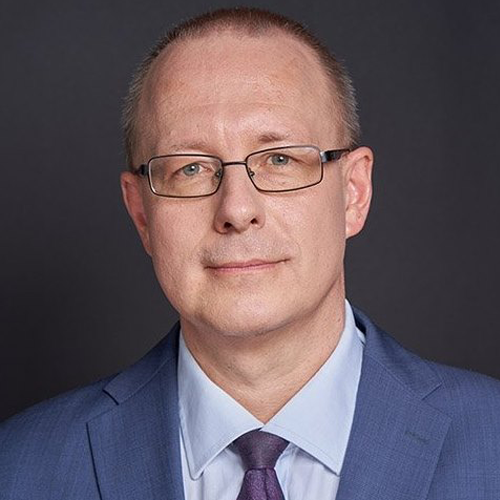

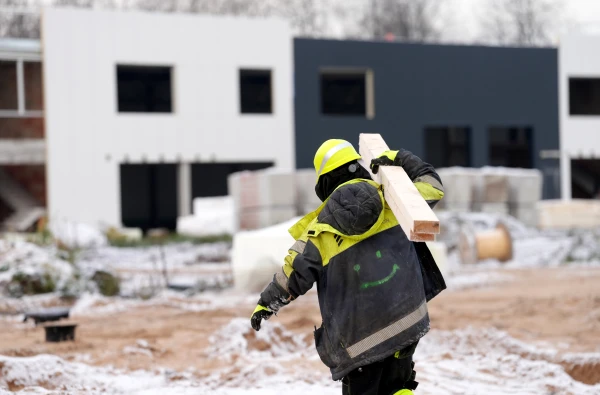
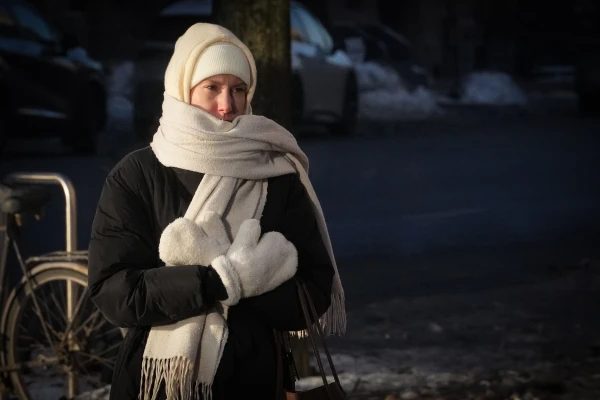


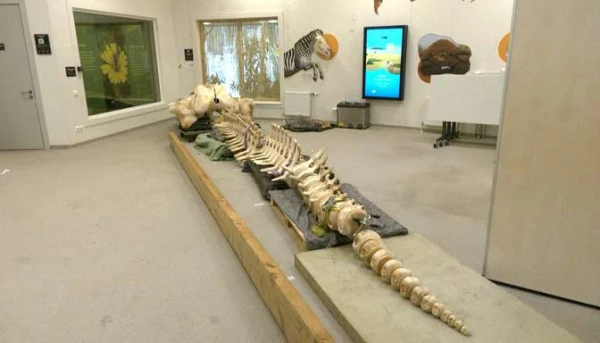


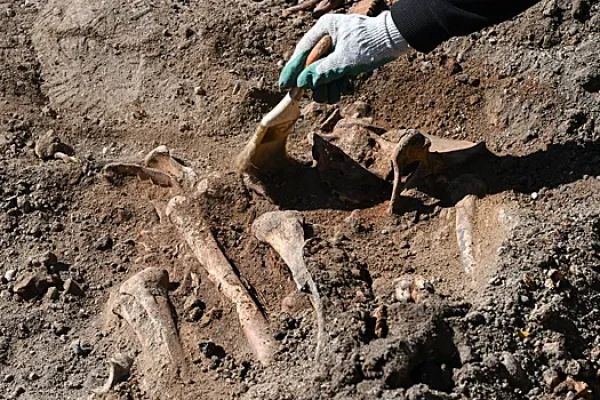



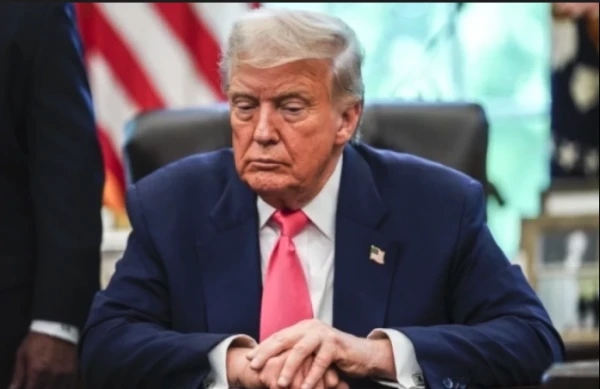
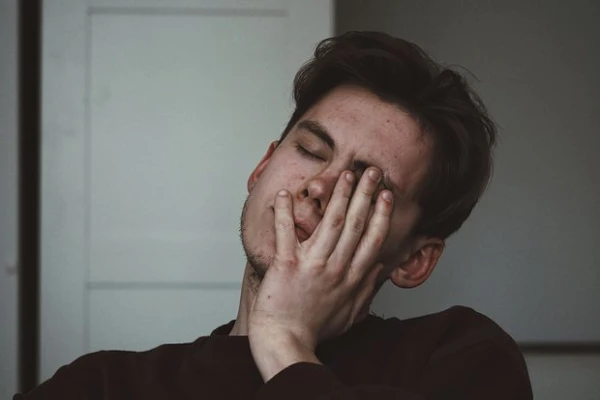
Leave a comment